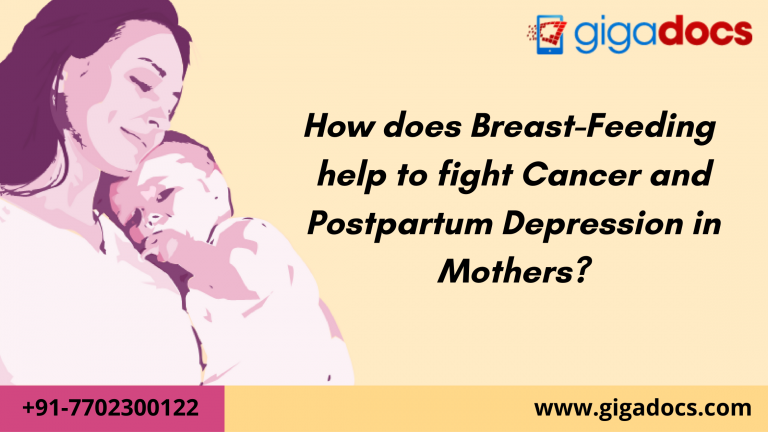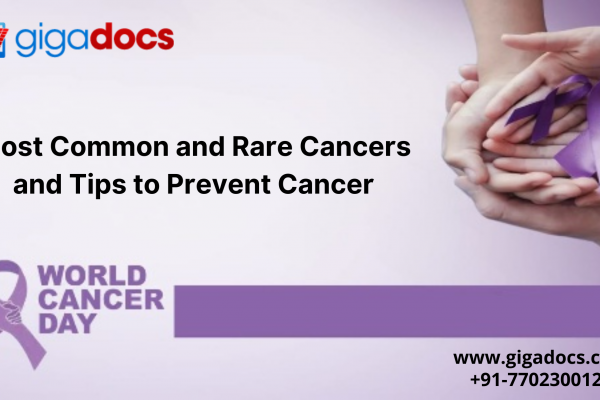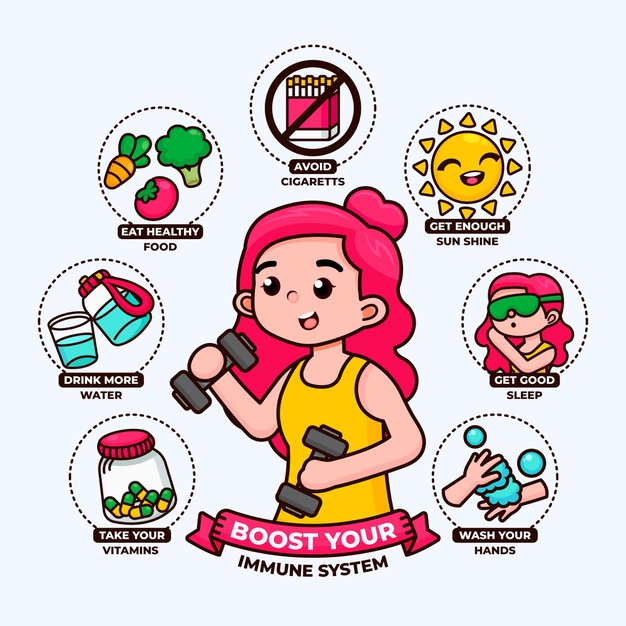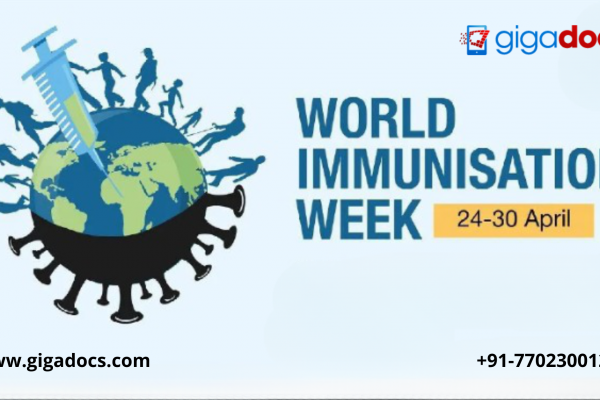Breastfeeding or nursing is when new mothers feed their baby breast milk which comes with innumerable benefits of its own. Let’s explore them in detail in this blog and observe the World Breastfeeding Week 2021 held every year on the first week of August.
| Breastfeeding Mothers: How Long Should They Breastfeed? While babies frequently need to be nursed every 2-3 hours, by two months, most newborns require feeding every 3-4 hours, and by six months, they require feeding in every 4-5 hours. |
Breastmilk comes with its own unique benefits. Let’s discuss them at length- It’s there for your baby whenever and wherever they need it. It’s at the right temperature for your baby, clean and hygienic. Besides, there are no bottles to clean. Breastfeeding produces no waste and is very environmentally friendly.
How frequently you should lactate depends on whether your baby enjoys short, frequent meals or longer feedings. As your child grows, these requirements will vary and fluctuate in volume and composition to encourage healthy growth depending on the baby’s age.
Magical Baby Food
A new mother secretes colostrum, a think yellowish fluid just after her delivery. It’s abundant in protein, low in sugar, and full of healthy nutrients like immunoglobulin A. (IgA). IgA shields the infant from diseases by forming a protective membrane in their nose, throat, and gastrointestinal tract.
Breastfeeding entirely (no formula, juice, or water) for six months is strongly recommended by many medical specialists, including Obstetricians and Gynecologists. The World Health Organization (WHO) supports the call of breastfeeding until a child is two years of age or longer since the advantages last that long.
| World Breastfeeding Week : From August 1 to 7, World Breastfeeding Week is commemorated in over 120 countries. According to the World Health Organization, it is one of the most powerful ways to ensure a child’s health and survival. This year’s theme is “Protect Breastfeeding: A Shared Responsibility.” |
Why Should Mother’s Breast Feed?
Breastfeeding, as previously stated, is magical for both the baby and the mother. Breastfeeding lowers your baby’s chances of developing illnesses and ailments, including:
- Ear Infections- Breastfeeding, especially for as long as feasible, may safeguard the baby against middle ear and throat infections.
- Infections of the Tract- Breastfeeding can protect against a variety of acute gastrointestinal diseases.
- Cold and ENT: Newborns who have been breastfed for six months are less likely to suffer severe colds and sinus.
- Gut Infections- Breastfeeding has been related to a lower risk of developing gut illnesses.
Preterm newborns fed with breast milk have a lower risk of necrotizing enterocolitis than those who are fed formula.
- SIDS (Sudden Infant Death Syndrome)- Breastfeeding has been related to a lower incidence of SIDS.
- Allergies- Breastfeeding has been related to a lower risk of asthma, atopic dermatitis, and eczema.
- Crohn’s Disease- Babies breastfed have a lower risk of developing Crohn’s disease and ulcerative colitis.
- Diabetes- Breastfeeding has been related to a lower risk of type 1 diabetes and non-insulin-dependent diabetes (type 2).
- Childhood Leukemia- Breastfeeding is related to a lower risk of leukemia in children.
Benefits to Mothers who Breastfeed
- Breastfeeding helps the uterus contract- After delivery, your uterus goes through a process called involution, which helps it return to its previous size. This process is aided by oxytocin, a hormone that elevates during pregnancy. Oxytocin also increases during breastfeeding. It encourages uterine contractions and reduces bleeding, allowing the uterus to return to its previous size.
- Lowers the risk for postpartum depression (PPD) that can develop shortly after childbirth.
- Reduces a mother’s disease risk against developing cancer, high blood pressure, arthritis, high blood fats, heart diseases, type 2 diabetes.
Signs Your Baby is Hungry
Crying is one of the most common ways for your infant to communicate that they are hungry. Other signals that your infant is hungry include:
- They’re licking their lips or thrusting their tongue out.
- Taking their hand and putting it in their mouth
- Their mouths are open
- Moodiness
- Sucking on objects
Covid-19 and Breastfeeding
There has been a lot of misinformation about breastfeeding during the Covid-19 outbreak. According to the WHO, there are no reported cases of Covid transmission through breast milk or breastfeeding. Thus, there is no reason to panic or stop lactating.
Breastfeeding is safe for women who have reported confirmed or suspected cases of Covid-19 if they take a few precautionary measures. A mother should wash her hands for at least 20 seconds with soap and water before breastfeeding. She can use a hand sanitizer with at least 60% alcohol concentration if there isn’t any water available. During any interaction with the baby, especially feeding, mothers should always wear a facemask.
Newborn Care with Gigadocs
Breastfeeding has so many advantages that most health organizations including the WHO suggest it for infants for as long as possible unless there are medical reasons to avoid it. Antibodies and other components in breast milk protect your newborn from diseases and chronic sickness.
Furthermore, we cannot overlook the significant advantages to mothers in terms of health and convenience. Whatever option you choose, our team of obstetricians and gynecologists on the Gigadocs app are there to help you make motherhood a sweet and happy experience. Book a digital appointment with a pediatrician or a gynecologist on the Gigadocs app and consult the best experts from the safety and privacy of your home
Download the Gigadocs E-Healthcare app from-
- IOS App – apple.co/2W2iG4V
- Android App – bit.ly/33AQoRC
To know more and schedule a Virtual Consultation demo, e-mail us at info@gigadocs.com




